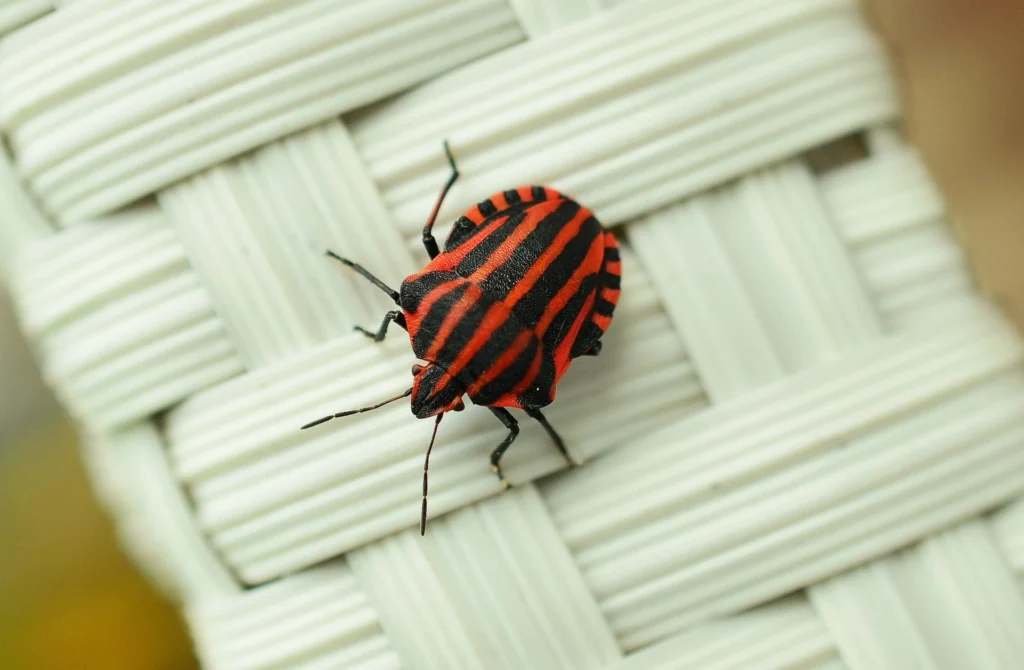Have you ever wondered if bed bugs could be hiding in your bookshelf? It’s not as far-fetched as it sounds! Bed bugs are notorious for their ability to hide in the most unexpected places, including books. In fact, bed bugs can take refuge in your books and hitchhike their way into your home without you even realizing it! But don’t worry, I’ve got you covered. I’ll show you how to check your books for bed bugs and keep them at bay so you can enjoy reading without any worries.

Can Bed Bugs Be Found In Books?
Yes, bed bugs can live in books. Bed bugs are known to hide in small crevices and cracks, and the spines of books provide an ideal hiding spot for them. They can also lay their eggs in the book’s pages, making it easier for them to spread to other areas of your home.
Can Bed Bugs Live on Paper?
Yes. bed bugs can live on paper. They can easily hide inside books and lay their eggs on book pages to grow their population.
How To Check Books For Bed Bugs?
Step 1: Inspect Your Books
The first step in checking your books for bed bugs is to inspect them thoroughly. Start by taking all the books off the shelf and placing them on a clean surface. Use a flashlight to examine each book carefully, paying close attention to the spine, binding, and pages. Look for any signs of bed bugs such as live bugs, shed skins, or fecal stains.
Step 2: Vacuum Your Books
Once you’ve inspected your books, it’s time to vacuum them. Use a handheld vacuum cleaner with a crevice tool attachment to clean each book thoroughly. Pay special attention to the spine and binding of the book where bed bugs are most likely to hide. Be sure to vacuum both the front and back covers of the book as well.
Step 3: Freeze Your Books
If you’ve found any signs of bed bugs during your inspection, it’s time to freeze your books. Place the infested books in a sealed plastic bag and put them in the freezer for at least 72 hours. This will kill any bed bugs and their eggs that may be hiding in the book.
Step 4: Store Your Books Properly
To prevent future infestations, it’s important to store your books properly. Keep your books in a dry, cool place away from areas where bed bugs are likely to hide such as your bedroom or living room. Avoid storing your books in cardboard boxes or other containers that bed bugs can easily penetrate.
If you keep books in a garage then make sure to read my guide on How To Store Books In A Garage? The DO’s and DONT’s.
How Do I Make Sure My Books Don’t Have Bed Bugs?
To ensure that your books are free from bed bugs, you should inspect them regularly. Start by taking all the books off the shelf and placing them on a clean surface. Use a flashlight to examine each book carefully, paying close attention to the spine, binding, and pages. Look for any signs of bed bugs such as live bugs, shed skins, or fecal stains.
If you find any signs of bed bugs, vacuum your books thoroughly and freeze them for at least 72 hours. To prevent future infestations, store your books in a dry, cool place away from areas where bed bugs are likely to hide such as your bedroom or living room. Avoid storing your books in cardboard boxes or other containers that bed bugs can easily penetrate.
What is The Fastest Way To Check For Bed Bugs?
The fastest way to check for bed bugs is to use a bed bug detector. These are small, portable devices that can detect the presence of bed bugs in your home. They work by emitting carbon dioxide, which attracts bed bugs, and then trapping them in a sticky glue trap. Bed bug detectors are easy to use and can provide results in as little as 24 hours.
You can purchase bed bug detectors online or at your local hardware store. If you’re concerned about bed bugs in your books, you can also use the steps outlined in my previous paragraphs to inspect your books for bed bugs and keep them at bay.
Conclusion
Checking your books for bed bugs is an important step in preventing an infestation in your home. By following these simple steps, you can keep your books free from bed bugs and enjoy reading without any worries. Remember to inspect your books regularly and store them properly to prevent future infestations.






